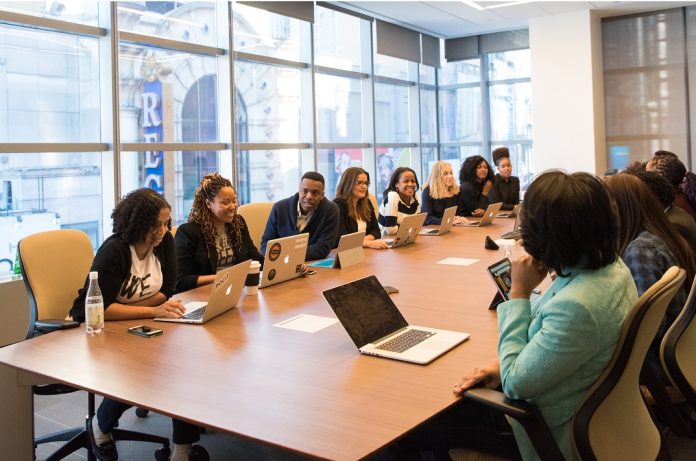by HRHQ Editorial Team
Many Irish employers today recognise the clear business case for diversity, equity, and inclusion (DEI) in the workplace, from improved talent recruitment and retention to higher innovation and profitability. However, creating a truly diverse, equitable and inclusive workplace culture in Ireland comes with some unique obstacles rooted in the country’s history and business landscape.
One major hurdle is Ireland’s historical lack of diversity compared to many other Western nations. As a relatively small country with low immigration rates until recent decades, Ireland has traditionally been quite ethnically and culturally homogenous. This means many leaders, while embracing DEI in theory, lack practical experience managing and supporting a truly diverse workforce. Intention alone doesn’t lead to inclusion.
Another challenge is the insular nature of professional networks that still prevails in some Irish industries. Reliance on “who you know” rather than “what you know” can inadvertently exclude underrepresented groups from career opportunities and advancement. There is a strong need to proactively widen networks and democratise access.
Unconscious bias also continues to impact hiring, promotion, and day-to-day interpersonal interactions in Irish workplaces as it does globally. Providing unconscious bias or diversity awareness training is a good start, but altering deep-seated ways of thinking requires an ongoing commitment from leaders.
Geographic divides also persist between the diversity found in Ireland’s largest cities and the relative homogeneity of smaller rural communities. Employers based outside metropolitan areas can struggle to attract talent from underrepresented groups. Remote and hybrid work trends may help bridge this gap if leveraged intentionally.
Additionally, while Ireland has a robust suite of equality laws, smaller employers may lack awareness of diversity best practices and regulations. Proactive outreach from government agencies and non-profit advocacy groups has an important role to play in improving SME representation.
Finally, outdated attitudes about transparency and privacy have led some Irish employers to resist sharing diversity data, which makes benchmarking and measuring progress difficult. Protecting employee anonymity while providing diversity stats needs to become standard practice.
So how can Irish employers start addressing these hurdles? Here are some best practices emerging:
– Look beyond “traditional” talent pools and networks for recruiting and make outreach to minority professional groups intentional
– Sponsor employee resource groups (ERGs) for women, LGBTQ+ employees, ethnic minorities, and other underrepresented groups to foster community and elevate concerns
– Consider requiring diverse candidate slates for open roles and incorporating diversity into interview panels. Doing so can help mitigate unconscious bias and increase representation from different backgrounds.
– Make continuous DEI education – not just a one-off module – compulsory for all employees, especially leaders who set the tone
– Adopt clear, transparent diversity data tracking and reporting with commitment from organisational leadership
– Celebrate inclusion successes publicly to highlight progress and accountability
Change that matters takes time to manifest. But with a multifaceted approach based on a respect for the difficulties faced by the Irish corporate landscape, businesses can make steady progress on DEI initiatives that are advantageous to both the private sector and the public sector. In order to guarantee that including Ireland’s diversity in the workforce remains a priority in the years to come, the conversation must continue—both inside and outside of boardrooms.









































